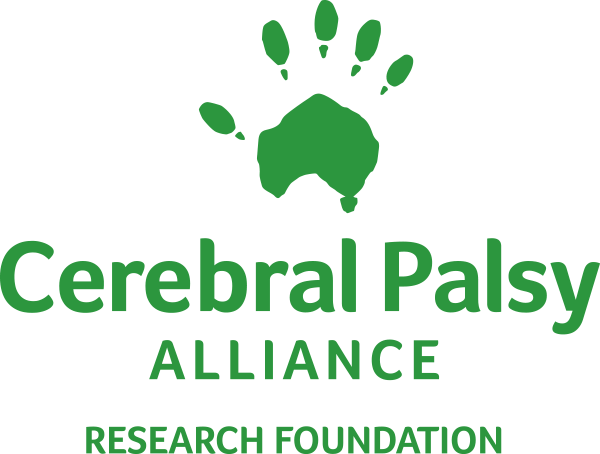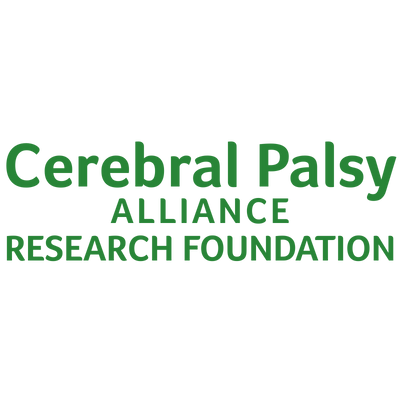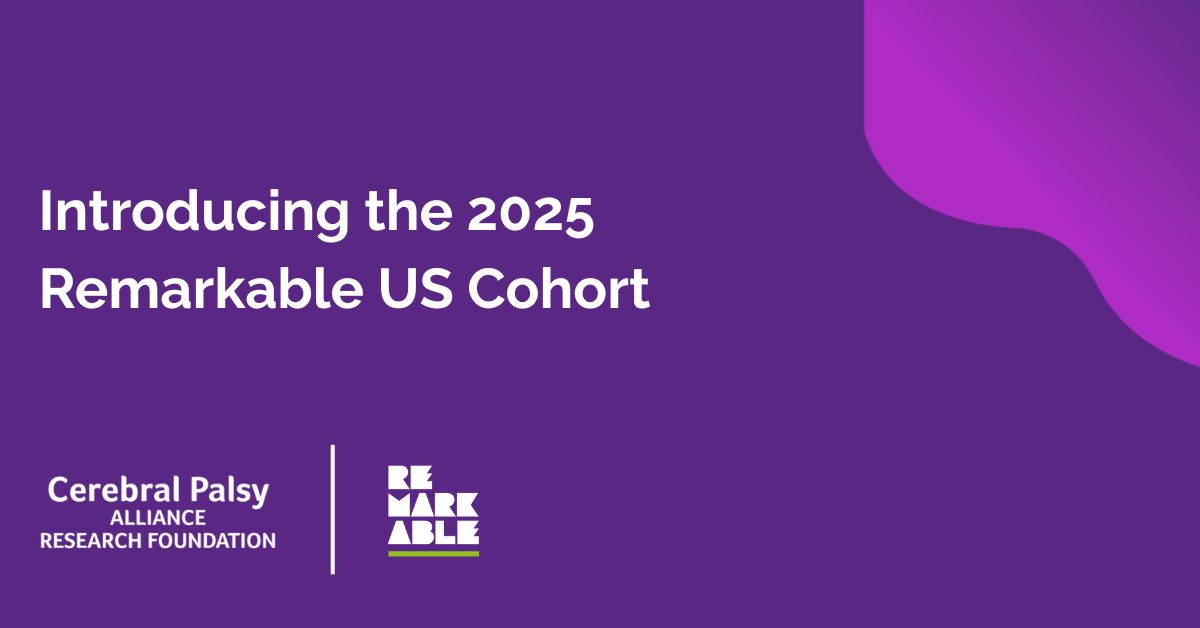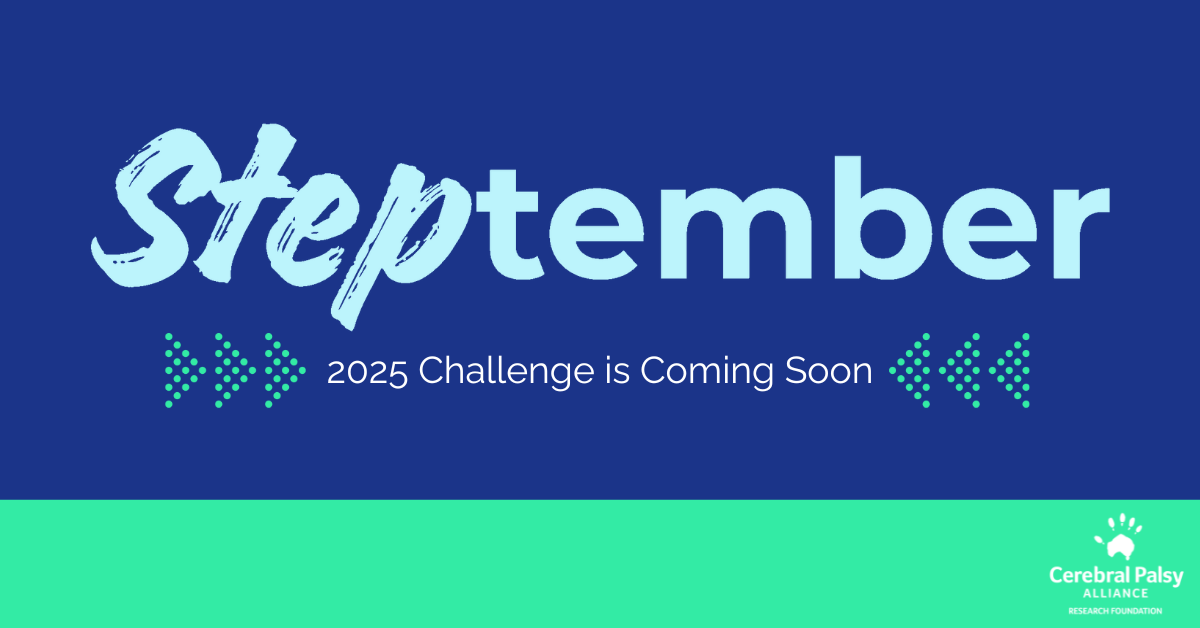
Keeping It Real: Sarah's Story, Part II
We're featuring the second of several question-and-answer style blogs by Sarah Sweeney today.* Make sure you check back for additional posts soon, and in the meantime, you can find her on Faces of CP.
How has cerebral palsy impacted your life?
Although having cerebral palsy sometimes gets me down, I never let it stop me from pursuing my goals and dreams. It has motivated me to keep pushing forward. One of the most difficult aspects for me in having to use a wheelchair is the lack of accessibility, whether it be housing or transportation. Apartment complexes must have units that meet the Americans with Disabilities (ADA) standards, but these standards often do not meet all the needs of people with disabilities who need accommodations. I do not have my driver’s license, so living in an area without public transportation is challenging. Being able to get out and be active in the community is an important part of life, and a lot of that independence is taken away without proper access to public transportation.
I have my Masters degree in Social Work, but being able to use my degree to its fullest will put my insurance, and my personal care attendant services, in jeopardy. Each time you move to another state, you must start the Medicaid process over again. You are not given a finite time when or if your services will be reinstated. I have been on countless interviews, and have even been offered a few positions, but when the directors of those particular organizations found out that I used a wheelchair, the job offers were rescinded and I was told that it was for my own protection.
I have been able to accomplish amazing things despite the challenges that I have faced, but it means so much to me to be able to accomplish everyday tasks such as getting up and going to work.
Do you ever think about what your life would be like without cerebral palsy?
If I am being completely honest, I would have to say that I do think about what my life would be like without cerebral palsy probably more often than I even realize. Asking myself questions like “what if?” How would things be different? The reality is that my cerebral palsy is part of who I am, and I do not think that I would be the person that I am, or where I am in life, without it.
How is schooling with cerebral palsy?
I was mainstreamed in school, but I did have it individualized education plan (IEP) for certain subjects from first grade to my senior year in high school. This accommodation was put in place in case I needed extra time to complete assignments, as it sometimes takes me longer to write. The IEP was put in place so that the teachers, staff members, my parents, and I knew what the expectations were for each member of the team in order to make it so that I was as successful as possible. During the year, I also participated in physical therapy to ensure that I was physically at my best. That was included in my day as well. As I stated previously, school was very difficult for me as far as friends and peers went, until my junior year of high school when I moved and was able to participate in various activities. People may not realize how much being able to participate in activities just as everyone else builds confidence and self-esteem.
*Sarah's story is part of KEEPING IT REAL — a series of personal stories that will take you deeper into the lives of people with CP. Each person makes different choices based on what works for them, and we’ll showcase that — highlighting what life is like for them on a daily basis, what they care about, and the ways CP impacts them.
The KEEPING IT REAL blog is intended solely to raise awareness about the varied human experience with cerebral palsy and shouldn't be read or construed to contain any medical advice, medical endorsement, or other endorsement by Cerebral Palsy Alliance Research Foundation. Only you and your doctor know what's best for you. Please consult your doctor for medical advice.
Mon 08 Sep 2025
We’re proud to share that CPARF’s 2025 Remarkable US Accelerator cohort kicks off this week! This program supports disability-focused startups that are developing cutting-edge assistive technology.
Wed 21 May 2025
We’re officially in double digits — CPARF is celebrating 10 years of funding groundbreaking cerebral palsy research and driving innovation forward. And there’s no better way to mark this milestone than with our biggest, boldest STEPtember yet.



